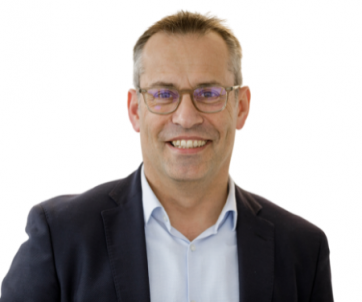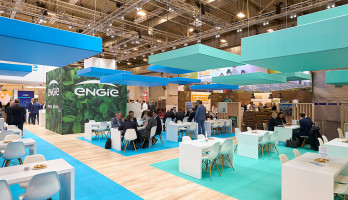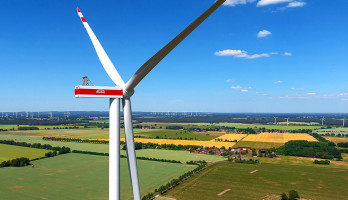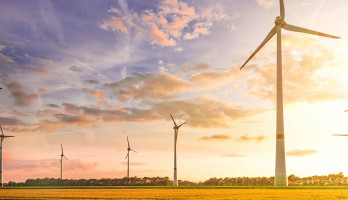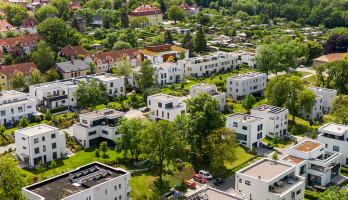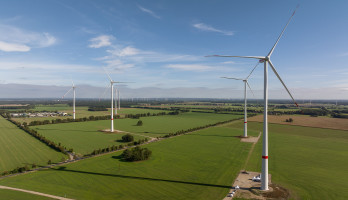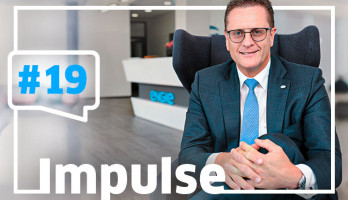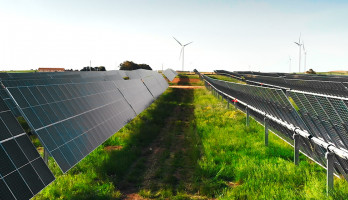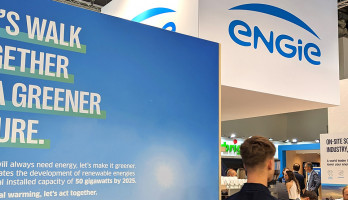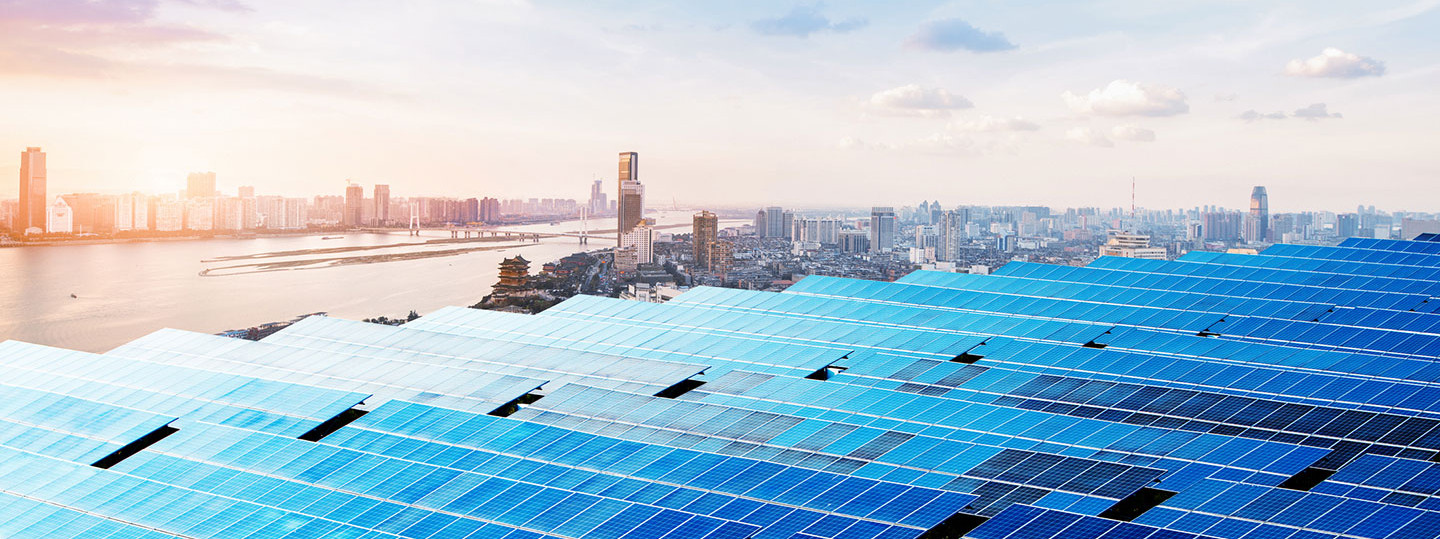
A fortune on the roof: Photovoltaics in industry and trade
Solar energy is not only an option for private households. Industrial properties and commercial enterprises should also opt for photovoltaics. The potential in Germany is great: Huge roofs on non-residential buildings currently remain unused. Why it is worth using the existing areas in many ways, we explain in the following.
Solar power is increasingly overtaking wind power
The summers are getting hotter and the sunny hours more and more. Accordingly, solar power records are piling up. Last summer 2019: According to the Fraunhofer Institute for Solar Energy Systems (ISE), in June solar power plants fed 7.17 terawatt hours of electricity into the grid, which corresponds to 19.2 percent of the total net output. This made the sun the strongest energy source of the month and pushed lignite at 18.7 percent and wind energy at 18 percent to the rear of the pack. According to the German Weather Service (dwd), 2018 was also the sunniest year since records began in 1951. The figures suggest: Photovoltaics will play an increasingly important role in electricity generation in the future.
What advantages does photovoltaics bring for industry and commerce?
1 Economy
Industrial groups or commercial enterprises in particular consume a lot of electricity and release large amounts of CO2 into the environment. With their own photovoltaic system, they can produce their own – climate-friendly – electricity. As a result, the cost of electricity decreases considerably. Companies gain independence from rising electricity prices (in 2018, one kilowatt hour of electricity cost commercial customers about 22 cents according to statista) and remain competitive in the long term. But it's not just electricity: If the company feeds self-generated solar power into the public grid, it will receive a feed-in remuneration, stipulated in the Renewable Energy Sources Act (EEG). With a photovoltaic system as a capital investment, a return of up to 9 percent can sometimes be achieved. Thanks to additional financial incentives, for example from the Kreditanstalt für Wiederaufbau (KfW), industrial companies and commercial enterprises can fund the purchase of their photovoltaic system within 10 to 15 years. In addition, the acquisition costs have fallen in recent years.
2 Climate protection
Environmental protection is at least as important as the financial aspect. With the photovoltaic system on the roof of the building, companies produce green, i.e. CO2-neutral, electricity. "Zero Carbon" is the goal: According to the Federal Environment Agency, Germany should be largely neutral in terms of greenhouse gas emissions by the middle of the century. With photovoltaics, industry and commerce can make their contribution to meeting the climate targets.
3 Image gain
Take a clear position and set the right priorities within the scope of your own possibilities – this is also very well received by customers and potential business partners. Movements like Fridays for Future show: The commitment to climate protection and the desire for change will be deeply anchored in the awareness of future generations. Only companies that are now prepared to do so will be able to remain stable on the market in the future.
4 Land use
A further advantage is purely structural nature: Huge roof areas are used wisely. Industrial and commercial buildings are predestined for the installation of photovoltaic panels. A large part of the buildings in the industrial and commercial sector are equipped with flat roofs. There are special elevation systems for flat roofs: The panels thus do not lie flat on the floor, but can be oriented and tilted as desired in order to absorb the maximum amount of solar energy. Another option is to rent roof space.
ENGIE implements numerous projects in the field of photovoltaics
In recent years, customers from a wide variety of industries have relied on ENGIE's photovoltaic solutions. Innovative projects have been implemented, including facade solutions and other future-oriented technologies with and without storage. Oliver Diehl, Head of Energy Management at ENGIE Deutschland in Cologne, sees it as a top priority "to contribute to harmonious progress. With this in mind, we are continuously working to further accelerate solar energy and develop sustainable solutions for our customers." Another step towards the energy transition is, for example, the project "Tenant Power", with which photovoltaic systems on multi-party houses and commercial areas generate electricity directly where it is consumed.
Our Expert
